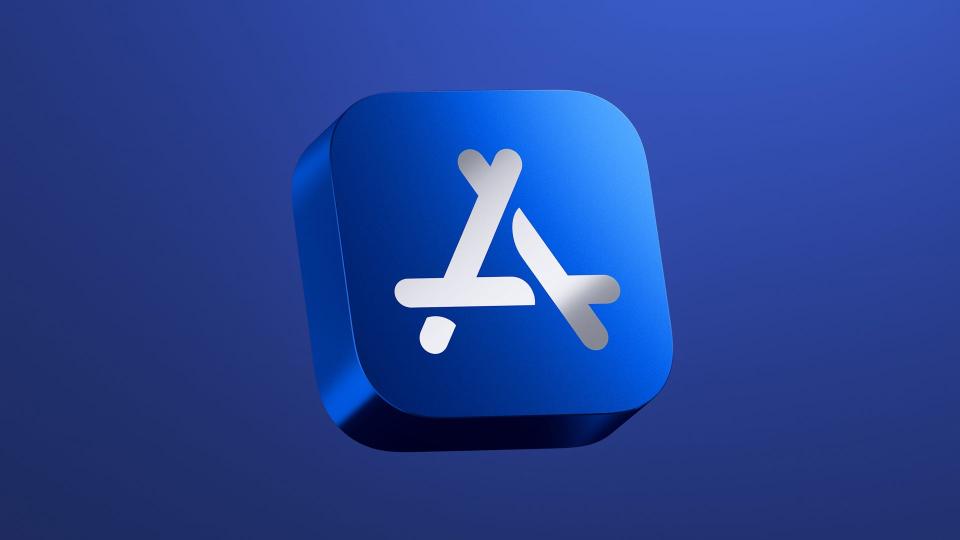Apple's App Store is set to welcome video game emulators, signaling a major shift in the company's stance. Previously, emulation on iOS devices was a cumbersome task, but with Apple's latest policy change, users are looking forward to easier access to classic games. However, these retro game console emulator apps must adhere strictly to Apple's guidelines and applicable laws, including not permitting direct ROM downloads through the app.
Emulator legality remains in a grey area, as while the emulators are legal, ROM distribution is often considered piracy. The decision to allow emulators on the App Store may be a result of the ongoing antitrust lawsuit in the US, accusing Apple of impeding the use of cloud gaming apps and super apps. Alongside this update, Apple had earlier revised its policies to support cloud game streaming services like Nvidia GeForce Now and Xbox Game Pass, a move likely influenced by legal pressures.
How does this new App Store policy benefit iOS users interested in game emulation?The new policy allows for emulators to be available on the App Store, making it much easier for iOS users to play retro games on their devices. Users will benefit from a more streamlined experience, as they no longer have to navigate complex workarounds to run emulators on iOS. This enhances the gaming possibilities on Apple's platform, providing access to a vast library of classic titles.
Background Information:
Emulators simulate the software and hardware of a gaming console, allowing you to play games on devices other than the original hardware. This development is significant for the gaming community because it democratizes access to old and oftentimes rare games, preserving gaming history and allowing gamers to enjoy classic titles on modern hardware. It is a notable shift in policy from Apple, who has traditionally maintained a walled garden approach to the App Store, only allowing vetted applications to be available to users.










Comments
This new policy paves the way for iOS users to effortlessly embrace retro gaming, opening up a treasure trove of classic titles. It's a win for nostalgia enthusiasts and gaming preservation, streamlining access to beloved games while adhering to legal guidelines.
This new App Store policy is a game-changer for iOS users interested in game emulation. Now, they can easily access classic games through emulators, without having to navigate complex workarounds or risk potential legal issues. It's a win for gamers looking to relive the nostalgia of retro titles on their Apple devices.
This is a game-changer for iOS users who've been itching to replay classic games on their Apple devices. By easing the process of accessing emulators, Apple's new policy opens up a treasure trove of nostalgic gaming experiences for users, without the headache of intricate workarounds. It's a welcome evolution that lets gamers fully embrace the rich history of video games on their iOS devices.